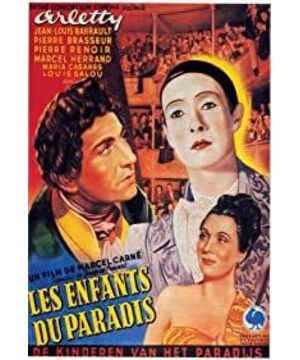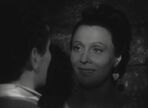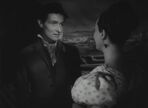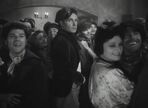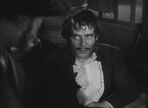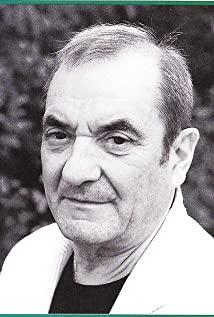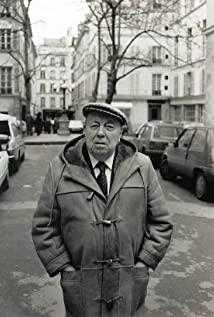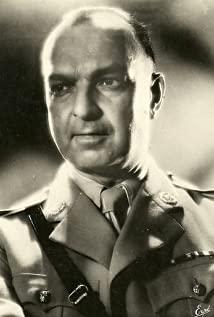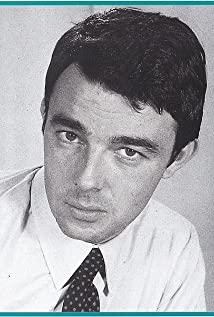Compared to watching the first three parts, this one is at least focused on. These films all seem to have a similar sense of strangeness, which may be some of the characteristics of French high-quality films, but I don't know what high-quality films are. The book says that Orpheus’s films are exquisite in form but not high-quality films. Carne’s Fog Pier is poetic realism before the war, and the children of heaven seem to be evasive in wartime and high-quality after the war. The kind of film paving. These are just tags. Thinking back to the two works of Renoir before the war, in fact, they all seem to have their own unique and strange tastes-in general, they are very different from the classic Hollywood movies. I like the big phantom so much, maybe it is related to the uniqueness of the subject; the rules of the game, the earrings of the countess, including the colorful Rolla Montes on the Sinima Skop wide screen (I really don’t know if the Chinese translation is written like this), They are all related to the love entanglement of the upper class. They have exquisite shots, various aspects, and various complicated attitudes; when I look at the foggy dock, I am not in a state, so I won’t talk about it; and this paradise child, it is more tolerant With the help of the third floor of the grandstand "Heaven", it seems that everything in the world, both in and out of play, is included in the moment. This is a group of ultra-sensitive and pure audiences ~ a fable. I haven't watched a pantomime. I immediately thought of Chaplin in the first stage of the thief performance. Those actions are really similar. His pursuits and ideas in the previous part also coincide to some extent. In short, these movies have a common feature, that is, the attitude of the author is very ambiguous. But this one really loves drama and stage. (If fandom can be interpreted as a love of movies, this is similar.) It does not seem to want to make a comparison between the game and life like Laura Montes or Hong Lingyan, or they have chosen a different way, this There are audiences in the department and conscious performances. And the story of this movie is so complicated, is it really a French love story? And, as shared by countless movies of this kind, its ending is just right, and there are even more myths here—the new realism that wants to come to Italy has learned a lot from this. Finally, it is the second heroine, she is the death god of Orpheus, I really remember her.
(Supplement: According to the book, high-quality movies/high-quality traditions have little to do with the above in the context of Truffaut. He uses screenwriters and "scene schedulers" to refer to these high-quality movies, and the opposite is "Author", almost completely personal control, not through the intermediary of the script, purely cinematic, ... personality. The French mainstream film after 46 years should have a set of models, Truffaut they criticized probably It is this "stable", convergent, and stagnant film production model. The core of the problem is the "illustrated script".)
View more about Children of Paradise reviews


